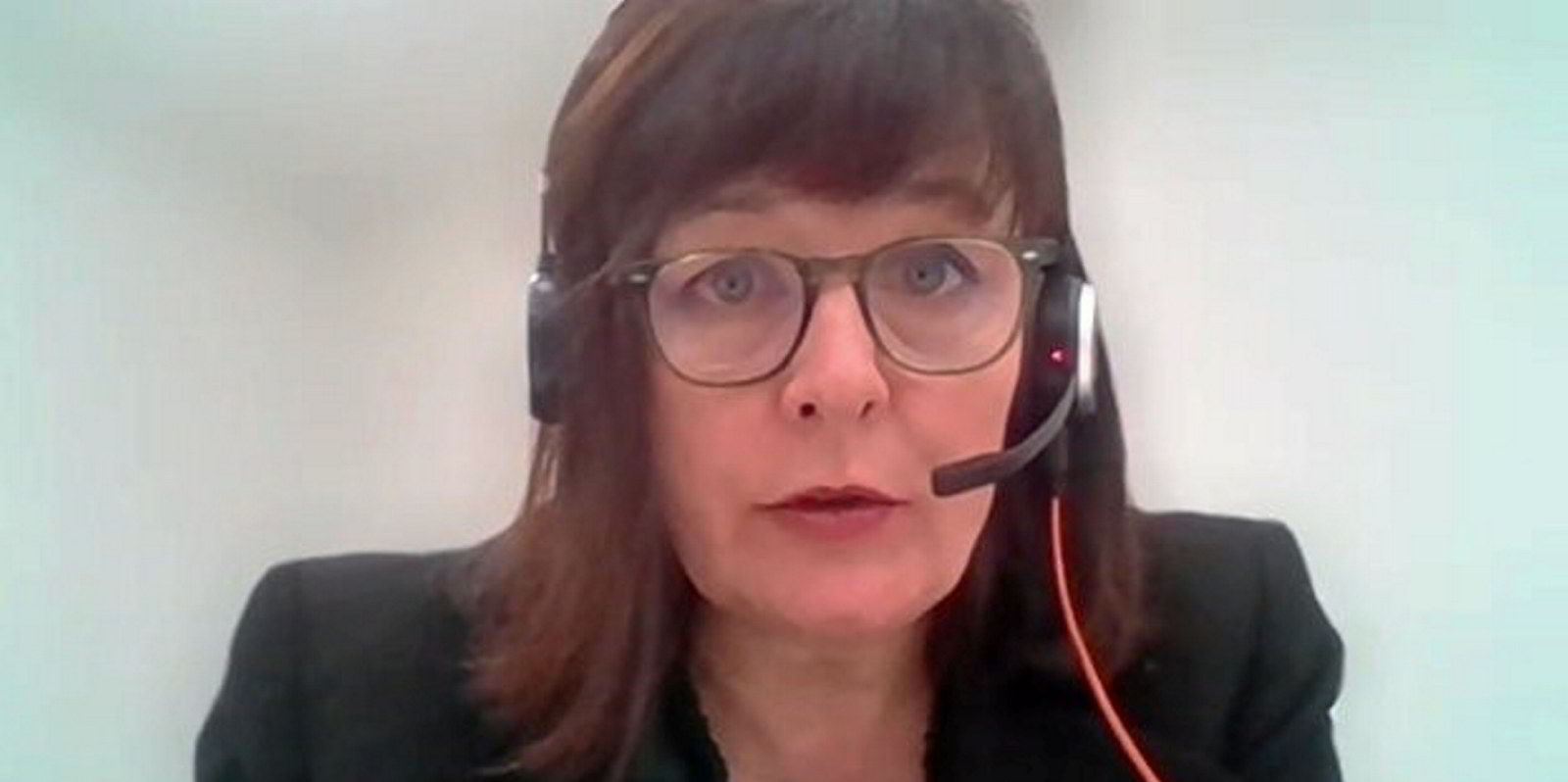In 2017, French reinsurance giant SCOR decided to add marine insurance to its extensive specialty range.
Global head of marine for specialty insurance Gregory Delaisse has been involved from the start.
He began his marine insurance career at Standard Club, before a spell at broker Cap-Marine, then Louis Dreyfus Armateurs and AXA Corporate Solutions.
So far, the SCOR marine business has focused on hull and machinery, cargo and builders risk insurance segments.
The idea from the start has been not to just act as a capital provider, but develop marine insurance products based on expert knowledge.
“We have specialists in all three segments coming from the industry, ex-engineers and risk managers. We are here to accompany our clients. SCOR is very much focused on the ‘know your client motto’,” Delaisse said.
The firm has quickly taken on state-of-the-art insurance technology by signing up to Concirrus’ digital Hull Market Model, a part of the Quest Marine package of big data products.
It is also a founding member of the Poseidon Principles for Marine Insurance, reflecting SCOR’s emphasis on its corporate social responsibility programme.
Sustainability is to become an integral part of the marine insurance package. “Clearly this is a parameter we have identified in our business model and is in line with SCOR participating in the Net-Zero Insurance Alliance.
“It is too early to see exactly how this will be implemented into our pricing going forward but an important factor to take into account for our underwriting philosophy and risk appetite,” he said.
The business has benefited from harder rates in the sector over the last year or so but Delaisse senses the market is cooling.
“The marine market is flattish in terms of rates with increases between 0% and 5% on the three various marine segments. This has been the case since the fourth quarter of 2021 following three years of rate increases,” he said.
“Claims frequency has gone down and the number of total losses also. However, the quantum of the claims has gone up due to gigantism, especially on container ships, and because of inflation and the cost of repairs and deductibles being unchanged in the last 10 years,” he explained.
Like many insurers, the spectre of the war in Ukraine casts a heavy shadow over the future of the marine insurance market and he is concerned that the impact could be felt as early as the upcoming renewals.
“The amounts at stake both for hull and machinery and cargo are huge and clearly could have an impact on the insurance and reinsurance market on the first of January 2023. Should the outcome be positive the market should probably stay as it is,” he said.






